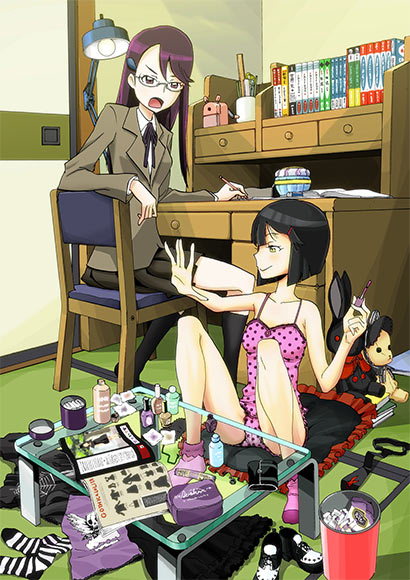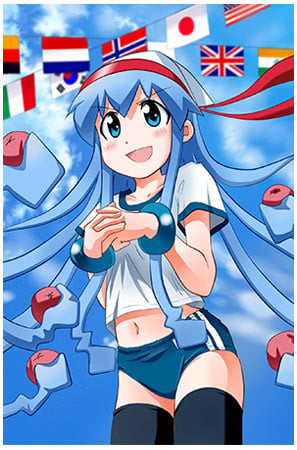I like to look at ways we can understand Japan through its language. Here in Japan, there’s often “one” correct way to do things, and this is summed up with the words chanto (“properly”) and chanto shita (“proper”), which are used to grant a higher status to “the way things should be done.” My first encounter with this concept was soon after I’d arrived in Japan and set up my apartment with a TV, kotatsu heater table and rice cooker, when the mother of one of my students asked me, “Peter-san wa mainichi gohan, chanto taiteru no?” (“Are you cooking rice every day, properly?”), the implication being that to cook nutritious meals with properly steamed rice was good, but, say, eating instant ramen every day would be bad. You hear these words in phrases like chanto benkyo suru (to study [as you should]) or shushoku shite chanto shita shakai-jin ni naru (to get a full-time job and become a proper member of society), and so on. Almost without fail, those who don’t do what’s expected of them in Japan — young people who drop out of school and pursue a music career, NEETs or couples who live together without getting married, even crazy gaijin like me who quit their English teaching jobs to start companies selling Pokemon bento boxes and ridiculously cute cat figures for your smartphone to people around the world — are seen in a negative light by society (although sometimes we don’t care).

You can pick up a lot of information from a word of Japanese.















